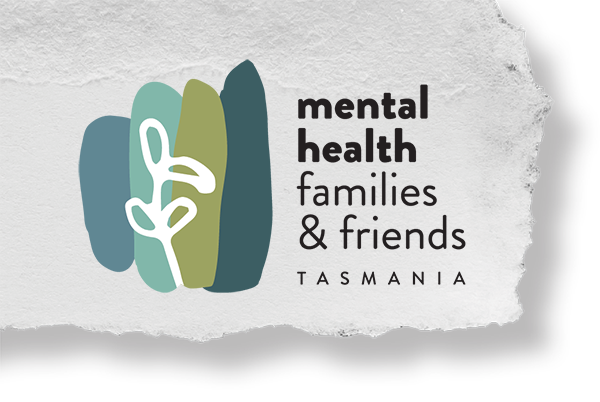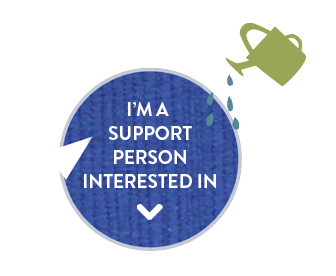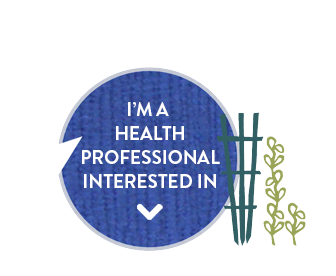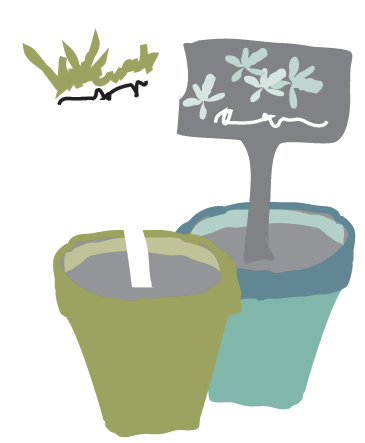- Mark Discussion as New
- Mark Discussion as Read
- Float this Discussion for Current User
- Favourite
- Subscribe
- Printer Friendly Page
- Mark as New
- Favourite
- Subscribe
- Get link
- Flag for Moderator
15-08-2017 08:52 PM - edited 15-08-2017 08:53 PM
15-08-2017 08:52 PM - edited 15-08-2017 08:53 PM
Re: Topic Tuesday // Mental health and menopause // 15 Aug, 7pm AEST
Before we finish up I wanted to share some information on specific mental illnesses that can be impacted by menopause:
Schizophrenia
Some researchers have observed a worsening of the course of schizophrenia in women during the menopausal transition. There is research underway to understand what impact the decline of these hormones has on schizophrenia and what impact they were having before they started to decline.
Panic disorder
New-onset panic disorder may occur during menopause, or pre-existing panic disorder may worsen. Panic disorder may be most common in women with many physical symptoms of menopause. In a cross-sectional survey of 3,369 postmenopausal women aged 50-79 years, panic attacks were most prevalent among women in the menopausal transition. These attacks were associated with negative life events, functional impairment, and medical comorbidity.
Obsessive-compulsive disorder
New-onset OCD, a relapse of OCD, or a change in OCD symptoms may occur during menopause. Fluctuations in OCD have been correlated with the menstrual cycle and with pregnancy, suggesting that hormone levels may contribute to the disorder.
Bipolar disorder
Exacerbation of mood symptoms during menopause has been noted in women with pre-existing bipolar. Research has suggested that women with bipolar disorder have higher rates of depressive episodes during the menopausal transition. The frequency of depressive episodes in this population appears to be higher than during premenopausal years (as you mentioned @Mazarita).
The best way to manage this is to get educated as @Mazarita has said and work with your treating team on how to tackle potential exacerbation of symptoms related to pre-existing mental illnesses. Prevention and preparation are key!
- Mark as New
- Favourite
- Subscribe
- Get link
- Flag for Moderator
15-08-2017 08:58 PM
15-08-2017 08:58 PM
Re: Topic Tuesday // Mental health and menopause // 15 Aug, 7pm AEST
Yes, @NikNik, my GP has helped me in really important ways, especially with the physical symptoms of menopause. I believe she is also paying more attention to my general health now than at times previous, which is appropriate given that it is a time when we become more vulnerable. I also make sure my psychiatrist and others supporting me know that I am menopausal, though there has been no real change to my treatment needed at this time.
- Mark as New
- Favourite
- Subscribe
- Get link
- Flag for Moderator
15-08-2017 08:59 PM
15-08-2017 08:59 PM
Re: Topic Tuesday // Mental health and menopause // 15 Aug, 7pm AEST
Thank you for tonight @NikNik : for an interesting night smileyhappy:
Thank you @Mazarita, @BlueBay, @CheerBear, @Former-Member
- Mark as New
- Favourite
- Subscribe
- Get link
- Flag for Moderator
15-08-2017 08:59 PM
15-08-2017 08:59 PM
Re: Topic Tuesday // Mental health and menopause // 15 Aug, 7pm AEST
That's awesome @Mazarita I hope others can find great GPs and support team who provide the well-rounded support you did.
- Mark as New
- Favourite
- Subscribe
- Get link
- Flag for Moderator
15-08-2017 09:01 PM
15-08-2017 09:01 PM
Re: Topic Tuesday // Mental health and menopause // 15 Aug, 7pm AEST
Perimenapause was about 4yrs. Post (after major shock) about another 4yrs
- Mark as New
- Favourite
- Subscribe
- Get link
- Flag for Moderator
15-08-2017 09:03 PM
15-08-2017 09:03 PM
Re: Topic Tuesday // Mental health and menopause // 15 Aug, 7pm AEST
Thanks for a good discussion @NikNik and everyone. ![]()
- Mark as New
- Favourite
- Subscribe
- Get link
- Flag for Moderator
15-08-2017 09:07 PM
15-08-2017 09:07 PM
Re: Topic Tuesday // Mental health and menopause // 15 Aug, 7pm AEST
No worries @BlueBay - a big thank you to you all for sharing your own experiences about something that's not often talked about.
Rather than close this thread, I thought it would be helpful to keep it open so you and others can share tips and strategies to manage Perimenopause, Menopause and Postmenopause.
I'll start by sharing this great table I found on managing hot flushes
|
Food and drink |
Reduce your intake of: caffeine alcohol spicy foods Eat foods with phytoestrogens such as: soy tofu whole grains (e.g. oats, barley, brown rice) legumes (e.g. peas, beans, lentils) |
Phytoestrogen may mimic the action of human estrogen in some women and may help, but there is limited evidence to show their effectiveness. |
|
Environment |
Have fans or air conditioning operating wherever you can Carry a small hand fan Use a water facial spray Have cool drinks available Wear layers of clothing so you can take off what you need to when you are hot |
Thinking about your environment and having practical strategies to help you cool down makes coping with hot flushes easier. |
|
Relaxation |
Practise relaxation techniques – this might include paced respiration (slow breathing) and mindfulness therapy. |
Relaxation (20 minutes per day) significantly reduces the intensity, although not the frequency, of hot flushes. Relaxation techniques also reduce tension, anxiety and depression. |
- Mark as New
- Favourite
- Subscribe
- Get link
- Flag for Moderator
15-08-2017 09:08 PM
15-08-2017 09:08 PM
Re: Topic Tuesday // Mental health and menopause // 15 Aug, 7pm AEST
If you get a moment, I'd love for you to share some tips and strategies you found helpful during these phases.
- Mark as New
- Favourite
- Subscribe
- Get link
- Flag for Moderator
15-08-2017 09:08 PM
15-08-2017 09:08 PM
Re: Topic Tuesday // Mental health and menopause // 15 Aug, 7pm AEST
Good night all!
- Mark as New
- Favourite
- Subscribe
- Get link
- Flag for Moderator
15-08-2017 09:53 PM
15-08-2017 09:53 PM
Re: Topic Tuesday // Mental health and menopause // 15 Aug, 7pm AEST
- during perimenapause, theres a tablet you can take first day of period, for 5 days, that reduces blood loss and cramps significantly. This was a godsend for me.
- I want to counselling, even a psychiatrist, but didn't help much.
Knowing whAt I know now, I wish someone introduced me to mindfulness and self compassion back then. And
- keep stress levels down
- self care (look after you)
- socialise, look after each other
If you need urgent assistance, see Need help now
For mental health information, support, and referrals, contact SANE Support Services
SANE Forums is published by SANE with funding from the Australian Government Department of Health
SANE - ABN 92 006 533 606
PO Box 1226, Carlton VIC 3053

Office: Ground floor, 2 Terry Street
Glenorchy, Tasmania 7010
Site © 2023 Mental Health Families & Friends.
Design by Finch Design. Built by Design ID




Office: Ground floor, 2 Terry Street
Glenorchy, Tasmania 7010
Site © 2023 Mental Health Families & Friends.
Design by Finch Design. Built by Design ID











